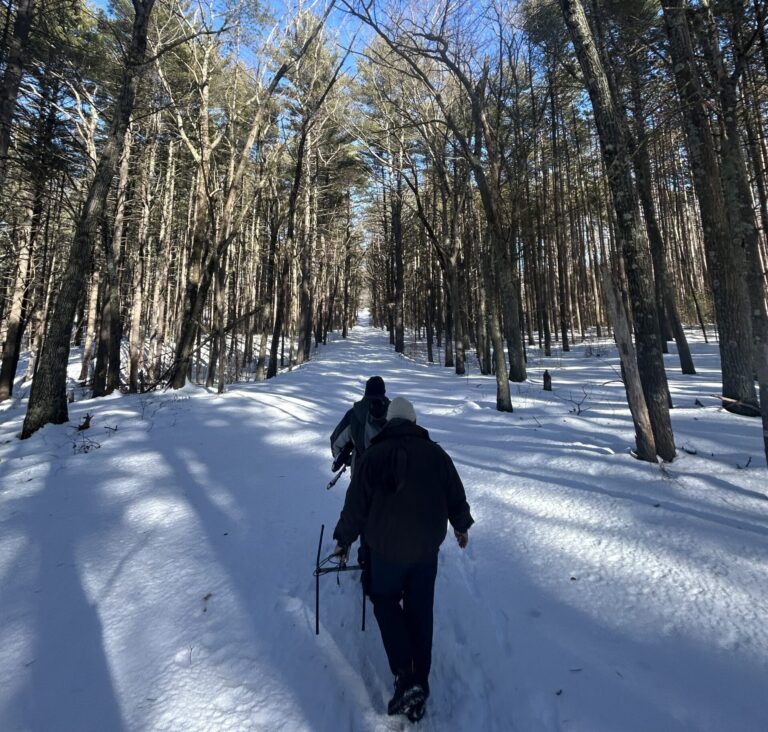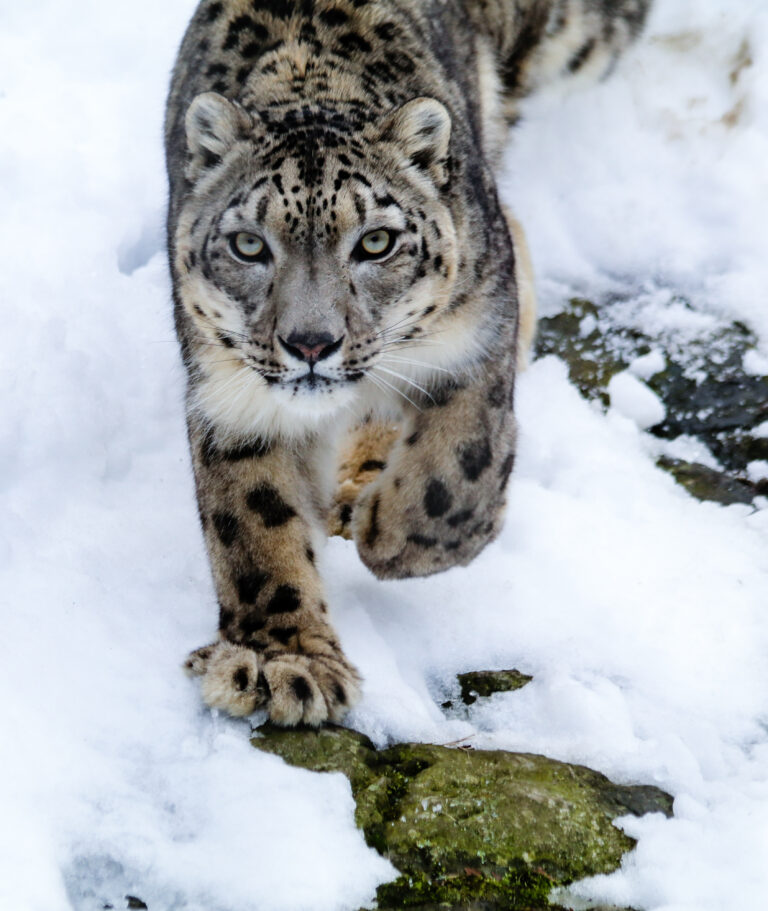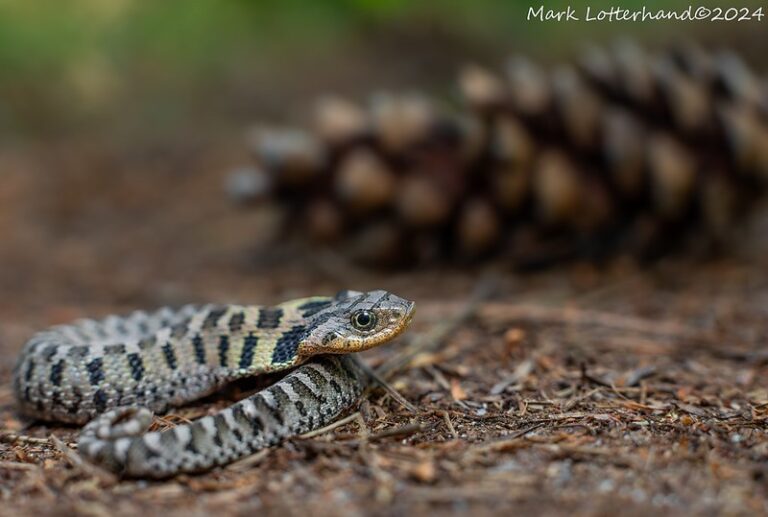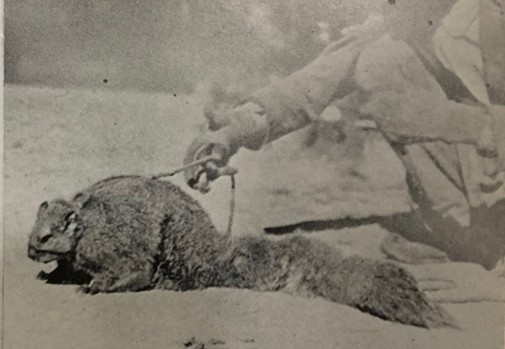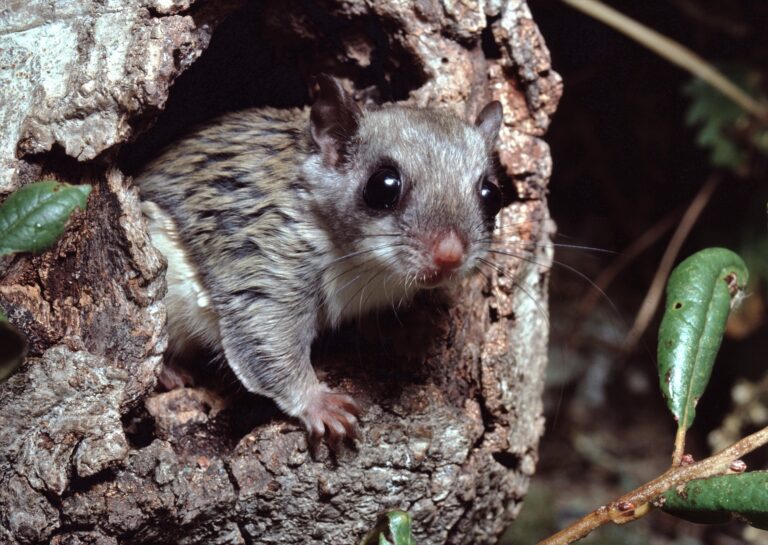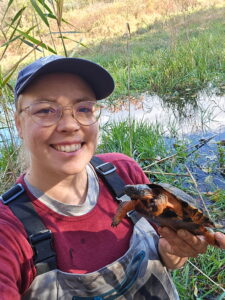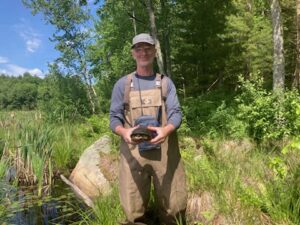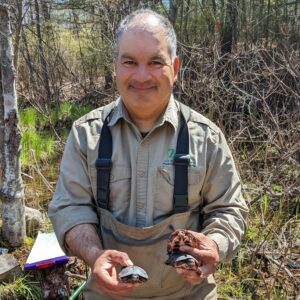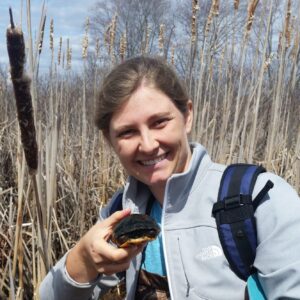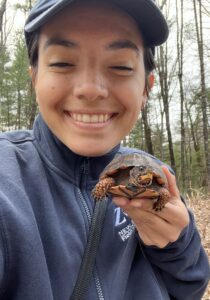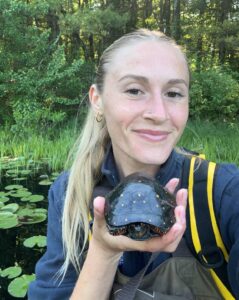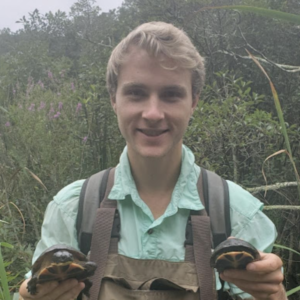Zoo New England
Conservation Blog
-
What the Snow Reveals
In the depths of winter, when the wetlands have sealed over with ice and the woods are hushed under snow, our staff still head out to track turtles. Using radiotransmitters glued to the shells of individual turtles, we’re able to … Continued
-
Saving Snow Leopards Across their Range: A New Round of Sabin Snow Leopard Grants
I am very pleased to announce the new Sabin Snow Leopard Grant awardees! Each year Zoo New England provides competitive grants to conservationists performing research on or helping to protect snow leopards in their range states in Asia. Snow leopard distribution … Continued
-
Protecting Pakistan’s Mountains
Zoo New England is very excited to announce a brand-new field conservation project! This is a four-year initiative, starting in April, 2026, that will focus on community-led conservation in the mountains of Gilgit-Baltistan, Pakistan. This project is supported with funding from … Continued
-
Masters of Deception: Conserving Massachusetts’ Eastern Hog‑Nosed Snakes
The eastern hog-nosed snake (Heterodon platirhinos) is one of the most interesting of the 14 native snakes in Massachusetts. The species has many unique behavioral traits that are unlike many of the other snake species in our region. For one, … Continued
-
A Mystery, Wrapped in an Enigma, Hidden in Caves: Rediscovering the Woolly Flying Squirrel
In my last blog on flying squirrels, I mentioned the King Kong of flying squirrels, the woolly flying squirrel. I wrote that this squirrel was a near-complete mystery to Western science for over a century, when it was first discovered and named … Continued
-
It’s a Bird, It’s a Plane, It’s a Flying Squirrel!
Not a lot of people are familiar with flying squirrels. That’s because around New England they are not only quite small, but also they are only out and about in the dark of the night. They’re also super-quick, so the odds are that you’ll only see … Continued

